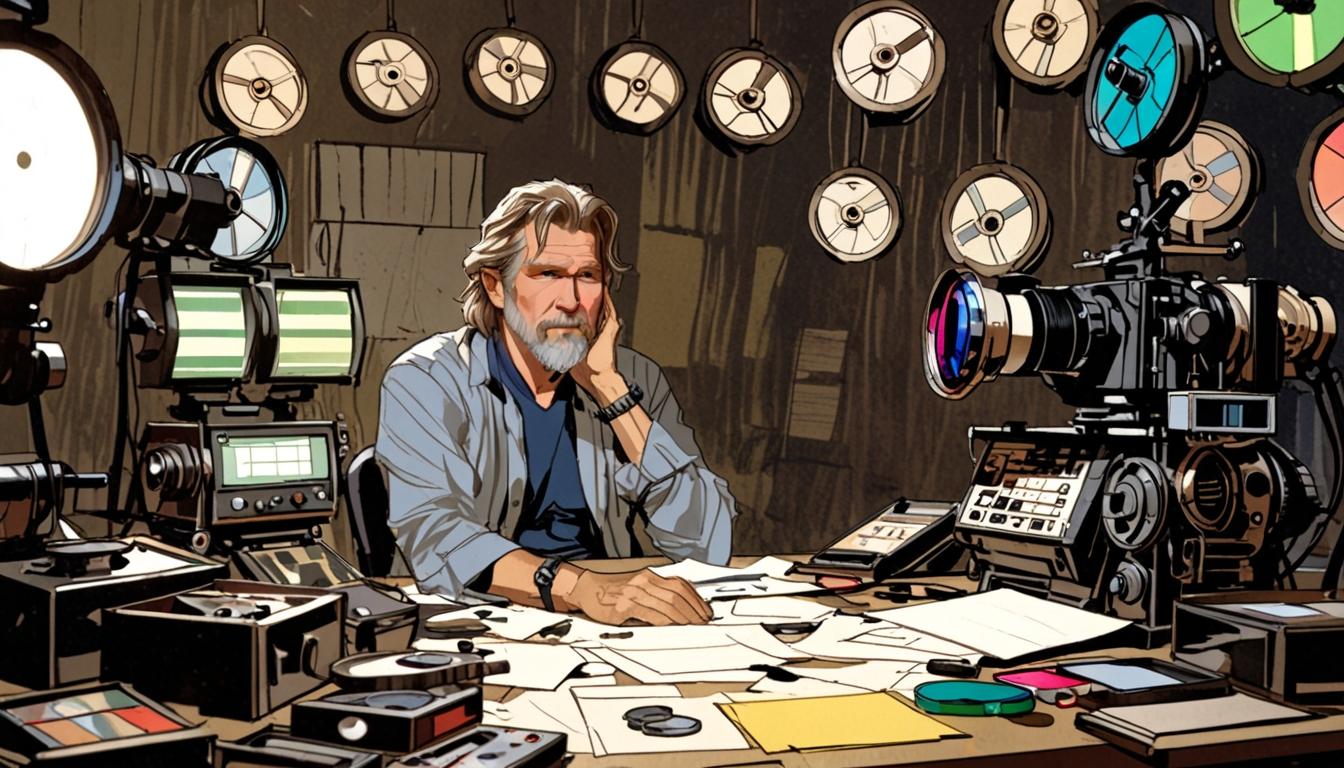Jeff Bridges has spoken candidly about a film from his career that he feels was significantly undermined by studio interference, shedding light on the ongoing tension between creative teams and executives in Hollywood. The actor, renowned for his roles in classics such as The Big Lebowski, The Fisher King, and True Grit, expressed his disappointment with the 2013 movie R.I.P.D., which he believes was mishandled during post-production.
R.I.P.D., directed by Robert Schwentke, centres on a recently deceased police officer who joins an otherworldly law enforcement group called the Rest in Peace Department. The narrative bears similarities to popular films like Men in Black, featuring a blend of action and comedy. With Ryan Reynolds also starring, the film had the ingredients for success but ultimately fell short of expectations, receiving poor critical reception.
In a discussion on Reddit, Bridges reflected on the project and shared insights into what went wrong. He said, “I did R.I.P.D. which came out not too long ago, and that was a comedy. I think they really screwed up the editing of the movie, we had a wonderful time making it, with Ryan Reynolds. Wonderful time working with the director. But the suits just cut it against the grain, and I thought, screwed it up. But it’s got some funny parts in it.”
His comments highlight the frustration that can arise when actors and directors see their vision altered in ways they feel detract from the film’s quality. Bridges’ remarks add to the broader narrative about creative conflicts in the film industry, where decisions by studio executives during editing and post-production can profoundly affect a film’s reception and success.
Bridges’ career, spanning decades, has witnessed many shifts in the industry’s operations—from periods when executive control was more subtle and accepted, to today’s environment where such interference is more openly criticised. His experience with R.I.P.D. serves as a clear example of how even a star-studded cast and promising concept are no guarantee against the impact of production decisions made behind the scenes.
Despite the film's disappointing outcome, Bridges acknowledges the enjoyable aspects of the production itself, reflecting a common sentiment among actors who often cherish their personal experience regardless of a film's ultimate fate.
Source: Noah Wire Services
